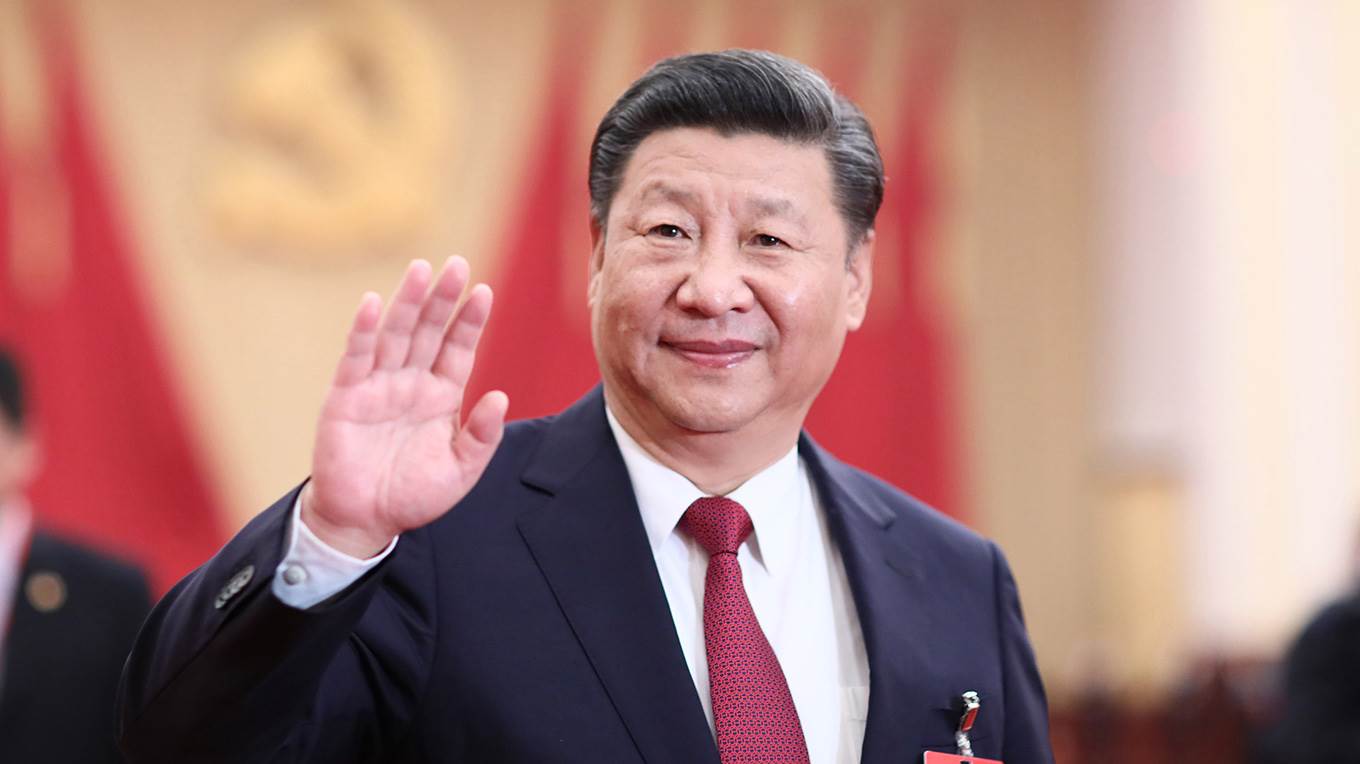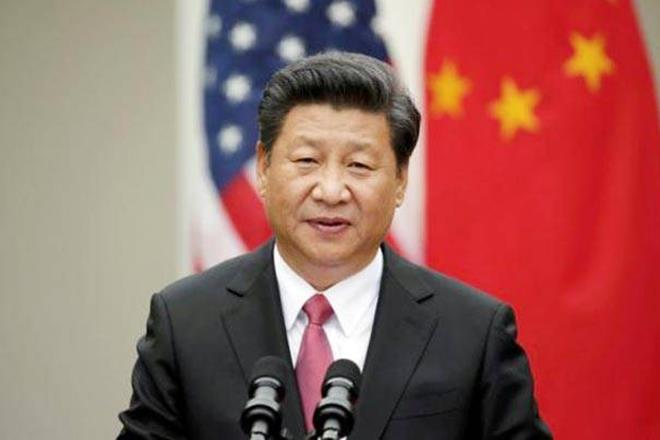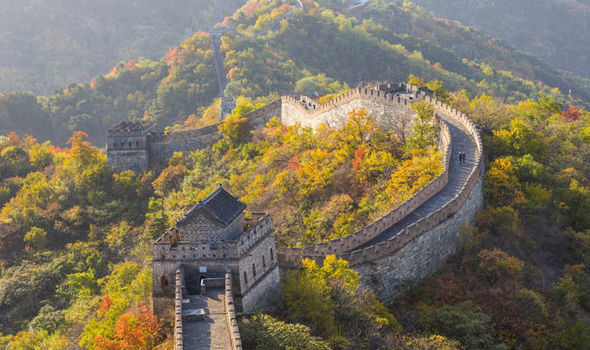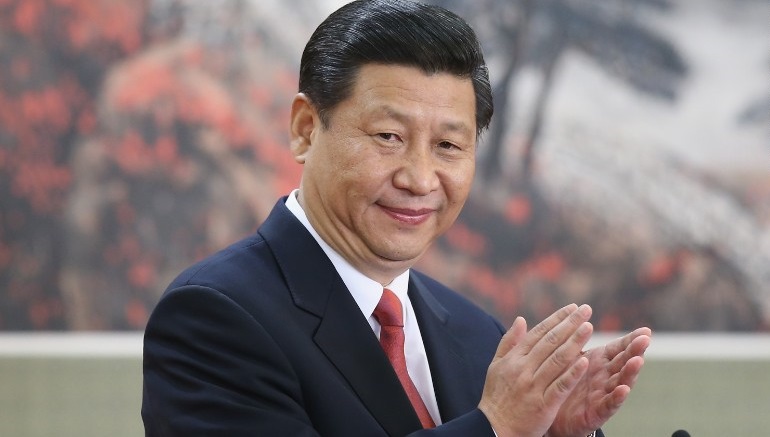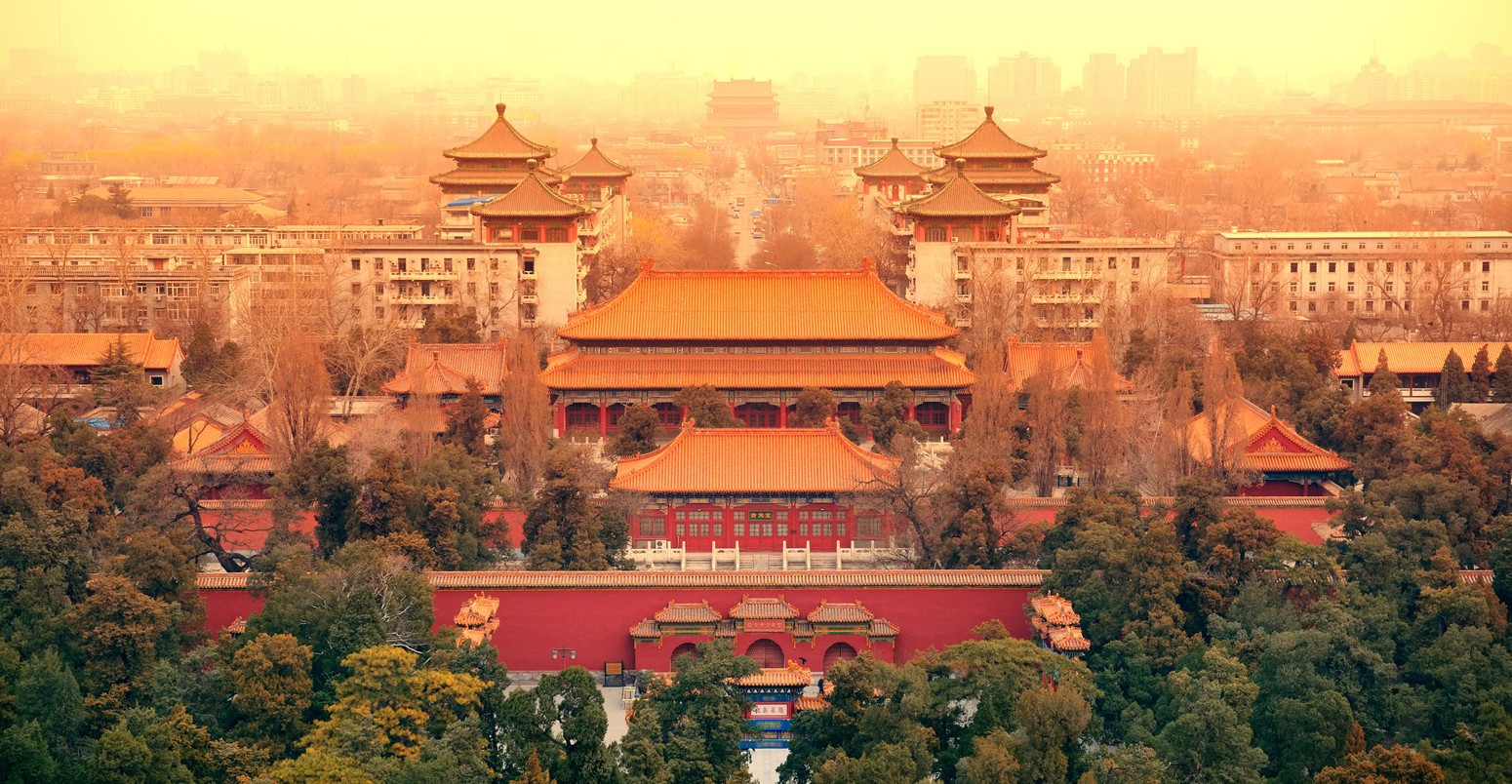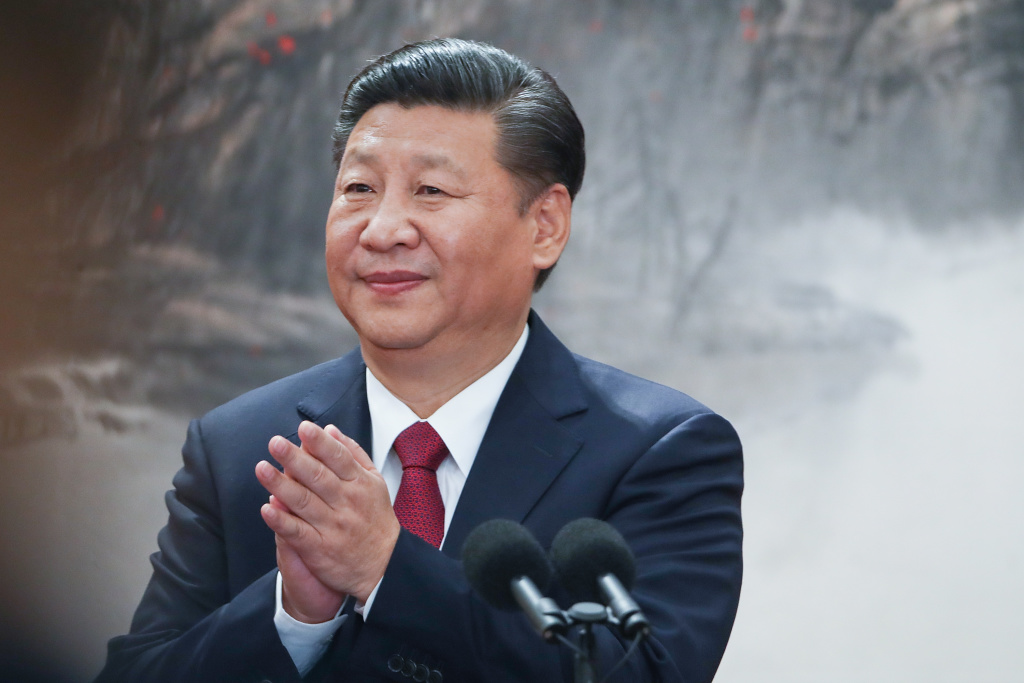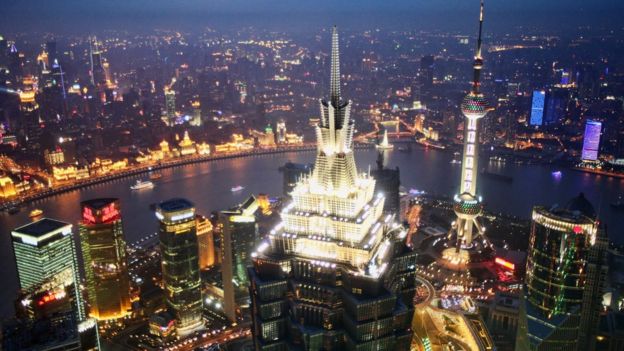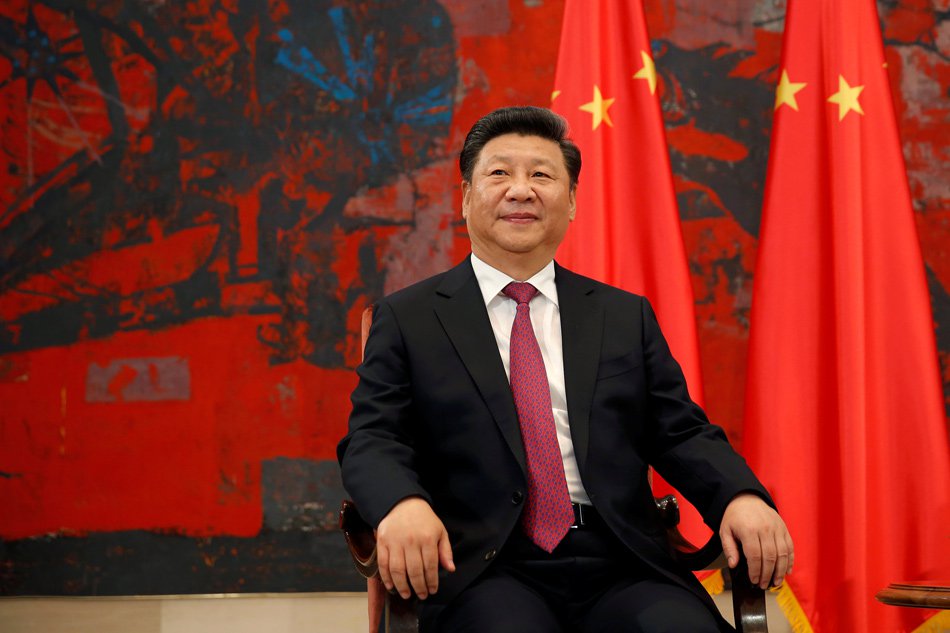Feature
China in historic decision removes two-term limit on President Xi Jinping!
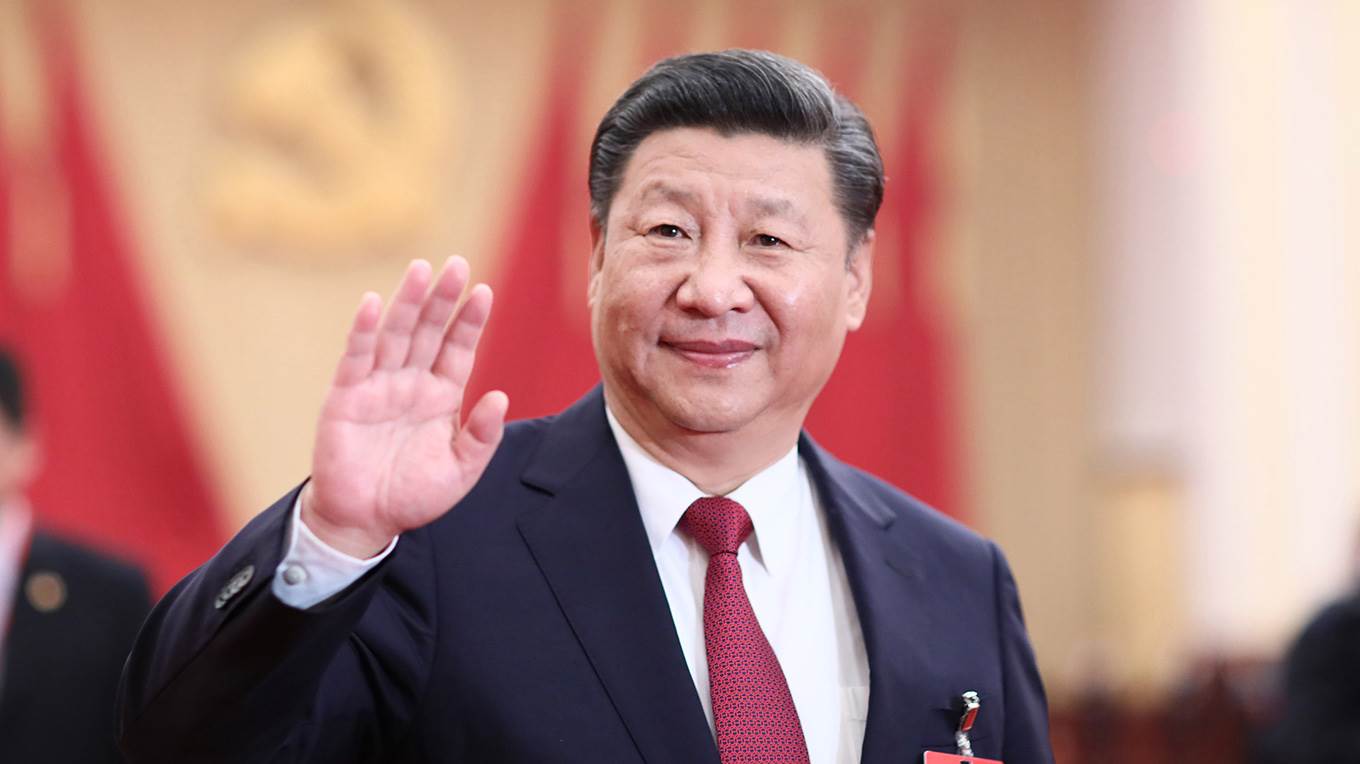
Beijing: China in a historic decision on Sunday removed the two-term limit on presidency, clearing the decks for the all-powerful President Xi Jinping to rule the world’s most populous country for life.
China’s largely rubber stamp parliament on Sunday passed a constitutional amendment that removes presidential term limits, allowing President Xi Jinping to remain in office indefinitely.
The announcement of the vote, witnessed by reporters in the Great Hall of the People, passed with two “no” votes and three abstentions among almost 3,000 delegates.
China’s ruling Communist Party proposed the amendment last month and there was never any doubt it would pass as parliament is packed with loyal party members who would not have opposed the proposal.
With the term limit gone, Xi can rule China until he retires, dies or is ousted. He is already dubbed as the country’s next Mao, founder of modern China who ruled from 1949 until his death in 1976.
Of the 2,963 deputies (lawmakers) of the Chinese parliament, three abstained and two voted against the proposal to amend the Constitution.
China watchers say the country, which has a one-party rule, could well be headed for a single-man rule.
Xi, who succeeded Hu Jintao in 2012 as General Secretary of the Communist Party, became China’s President a year later.
Over the years, Xi has come to hold a vice-like of China.
Besides being the General Secretary of the Communist Party, he is the Chairman of the Central Military Commission-the supreme body of the Chinese army.
Although the post of General Secretary is more powerful than that of the President in China, the latter is used to deal with the outside world.
Mao set up the President’s office in 1954 and quit the post after five years, giving it to Liu Shaoqi, handpicked by him. Liu was a puppet President and fell out of favour during Mao’s Cultural Revolution.
Mao did away with the President’s post in 1975 only for it to be revived by Deng in 1982 with a two-term cap after his death.
China removes two-term limit on presidency, gives Xi Jinping lifelong rule:
Currently and in the near future, there seems no leader who could challenge a towering Xi.
Both the dissenters and rising politicians have either fallen in line or are behind the bars apparently on graft charges. There is no room for dissent in Xi’s era, with a heavy censor on the media and civil society.
Xi had made his intention to stay in power beyond 2023 sort of known when he did not name his successor at the party’s key once-in-five-years meet last October.
His predecessors, Hu and Jiang Zemin, had conventionally announced their successors.
Xi’s move was widely speculated as his desire to cling to power beyond 10 years, but little was anticipated of the proposal in this regard that came like a bolt from the blue last month.
This has startled the global community.
On the global stage, Xi holds a reputation.
He arguably enjoys more clout than US President Donald Trump, who has been ridiculed or slammed home and abroad for his theatrics and controversial decisions.
Trump once described Xi as the “most powerful leader” China has had in a century.
Under his signature Belt and Road project, China has invested billions of dollars in building highways, ports, railways in several countries.
Although India has opposed the initiative, China claims to have the support of over 100 countries.
Under Xi, China has made deep inroads into South Asia, a sphere of influence of India.
It is building infrastructure projects worth over $ 50 billion in Pakistan and has also taken a key Sri Lankan port on lease.
It piped India to provide internet services to Nepal and has key projects in Maldives.
Entertainment
Meghalaya Reserves Legalized Gambling and Sports Betting for Tourists

The State Scores Extra High on Gaming-Friendly Industry Index
Meghalaya scored 92.85 out of 100 possible points in a Gaming Industry Index and proved to be India’s most gaming-friendly state following its recent profound legislation changes over the field allowing land-based and online gaming, including games of chance, under a licensing regime.
The index by the UK India Business Council (UKIBC) uses a scale of 0 to 100 to measure the level of legalisation on gambling and betting achieved by a state based on the scores over a set of seven different games – lottery, horse racing, betting on sports, poker, rummy, casino and fantasy sports
Starting from February last year, Meghalaya became the third state in India’s northeast to legalise gambling and betting after Sikkim and Nagaland. After consultations with the UKIBC, the state proceeded with the adoption of the Meghalaya Regulation of Gaming Act, 2021 and the nullification of the Meghalaya Prevention of Gambling Act, 1970. Subsequently in December, the Meghalaya Regulation of Gaming Rules, 2021 were notified and came into force.
All for the Tourists
The move to legalise and license various forms of offline and online betting and gambling in Meghalaya is aimed at boosting tourism and creating jobs, and altogether raising taxation revenues for the northeastern state. At the same time, the opportunities to bet and gamble legally will be reserved only for tourists and visitors.
“We came out with a Gaming Act and subsequently framed the Regulation of Gaming Rules, 2021. The government will accordingly issue licenses to operate games of skill and chance, both online and offline,” said James P. K. Sangma, Meghalaya State Law and Taxation Minister speaking in the capital city of Shillong. “But the legalized gambling and gaming will only be for tourists and not residents of Meghalaya,” he continued.
To be allowed to play, tourists and people visiting the state for work or business purposes will have to prove their non-resident status by presenting appropriate documents, in a process similar to a bank KYC (Know Your Customer) procedure.
Meghalaya Reaches Out to a Vast Market
With 140 millions of people in India estimated to bet regularly on sports, and a total of 370 million desi bettors around prominent sporting events, as per data from one of the latest reports by Esse N Videri, Meghalaya is set to reach out and take a piece of a vast market.
Estimates on the financial value of India’s sports betting market, combined across all types of offline channels and online sports and cricket predictions and betting platforms, speak about amounts between $130 and $150 billion (roughly between ₹9.7 and ₹11.5 lakh crore).
Andhra Pradesh, Telangana and Delhi are shown to deliver the highest number of bettors and Meghalaya can count on substantial tourists flow from their betting circles. The sports betting communities of Karnataka, Maharashtra, Uttar Pradesh and Haryana are also not to be underestimated.
Among the sports, cricket is most popular, registering 68 percent of the total bet count analyzed by Esse N Videri. Football takes second position with 11 percent of the bets, followed by betting on FIFA at 7 percent and on eCricket at 5 percent. The last position in the Top 5 of popular sports for betting in India is taken by tennis with 3 percent of the bet count.
Local Citizens will Still have Their Teer Betting
Meghalaya residents will still be permitted to participate in teer betting over arrow-shooting results. Teer is a traditional method of gambling, somewhat similar to a lottery draw, and held under the rules of the Meghalaya Regulation of the Game of Arrow Shooting and the Sale of Teer Tickets Act, 2018.
Teer includes bettors wagering on the number of arrows that reach the target which is placed about 50 meters away from a team of 20 archers positioned in a semicircle.
The archers shoot volleys of arrows at the target for ten minutes, and players place their bets choosing a number between 0 and 99 trying to guess the last two digits of the number of arrows that successfully pierce the target.
If, for example, the number of hits is 256, anyone who has bet on 56 wins an amount eight times bigger than their wager.

